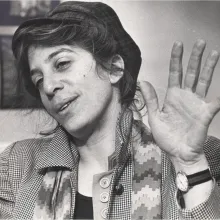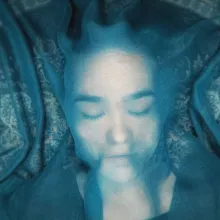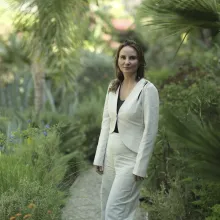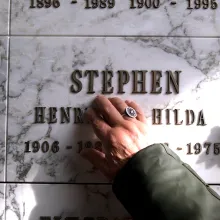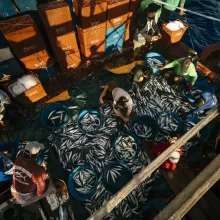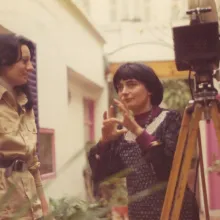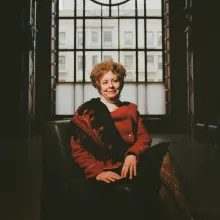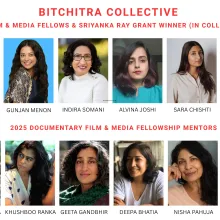IndieCollect’s Sandra Schulberg reflects on the life of fellow co-founder Jill Godmilow, the iconoclastic filmmaker, beloved teacher, and influential
docs by women
Brittany Shyne’s debut feature, Seeds, frames with dignity and grace the lives of Centennial Black farmers
With IDFA-winner A Fox Under a Pink Moon, Mehrdad Oskouei evolves his work with marginalized youths into a remote-directed collaboration with
Petra Costa’s new documentary Apocalypse in the Tropics explores the “fatal marriage” between Christian nationalism and authoritarian politics
In this interview, Mary Stephen reflects on decades spent shaping other filmmakers’ narratives before turning to her own family in Palimpsest: The
In this interview, Baby Ruth Villarama discusses how corporate censorship transformed her documentary about maritime sovereignty into a document of
In this interview, Lee Anne Schmitt discusses how Evidence uses childhood objects and family memories to investigate the propagation of conservative
For decades, Katja Raganelli’s documentaries safeguarded the stories of female filmmakers when the industry tried to erase them
Heiny Srour, who made two landmark features advancing the role of women in liberation movements, is not shy about being a “first”
Bitchitra Collective Selects Seven Filmmakers for 2025 Fellowship and Sriyanka Ray Grant Awardee





